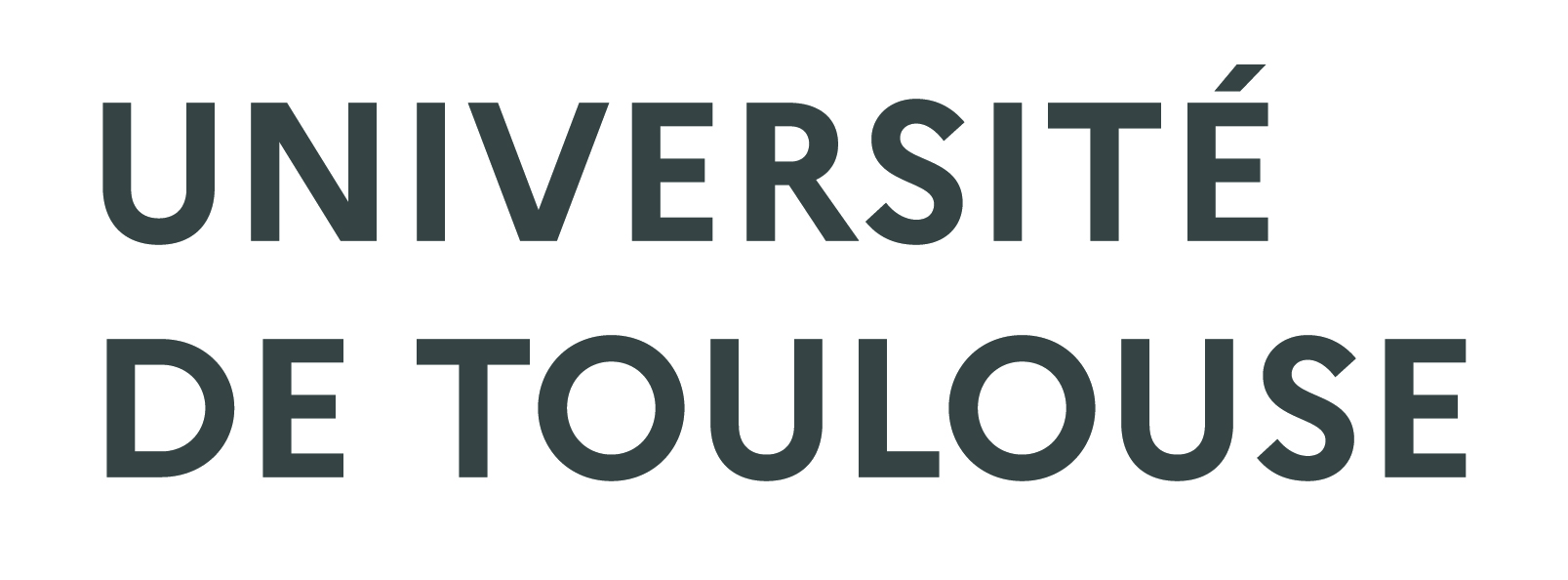How to deprescribe esketamine in resistant depression? A point of view after first clinical uses
Résumé
Esketamine is the S-enantiomer of racemic ketamine. It is a non-selective, non-competitive, antagonist of the N-methyl-D-aspartate (NMDA) receptor, an ionotropic glutamate receptor. In Europe, esketamine is approved for adults with treatment-resistant major depressive disorder. Although the demonstration of the effectiveness of this medication remains uncertain (Cristea and Naudet, 2019; Turner, 2019; Gastaldon et al., 2020), several authors suggest an interest in certain clinical situations of resistant depression (Jauhar and Morrison, 2019; Zimmermann et al., 2020). Among the questions around the use of esketamine, some authors have reported concerns about the duration of esketamine prescription (Swainson et al., 2019). They question the long-term benefit-harm balance and in particular the risk of abuse and
dependence, which could limit deprescription. At this time, there are no data to guide the frequency and duration of treatment and how to initiate discontinuation. Here, we report the first experiences with the use of esketamine in a centre specialised in resistant depression in France with the support of a multidisciplinary consultation meeting.
| Origine | Fichiers éditeurs autorisés sur une archive ouverte |
|---|---|
| Licence |



